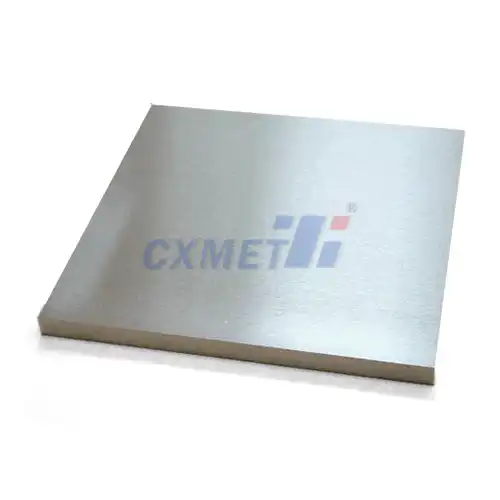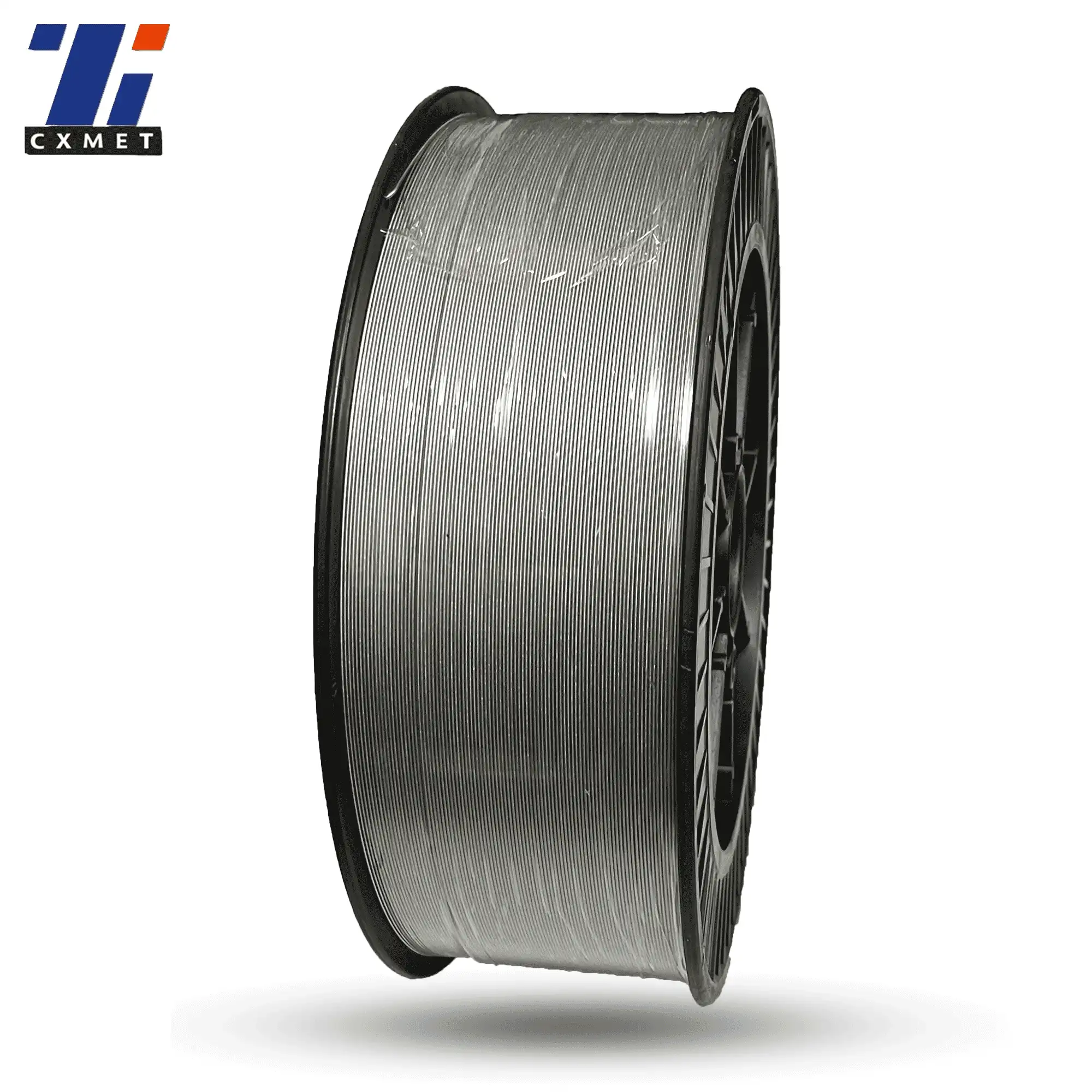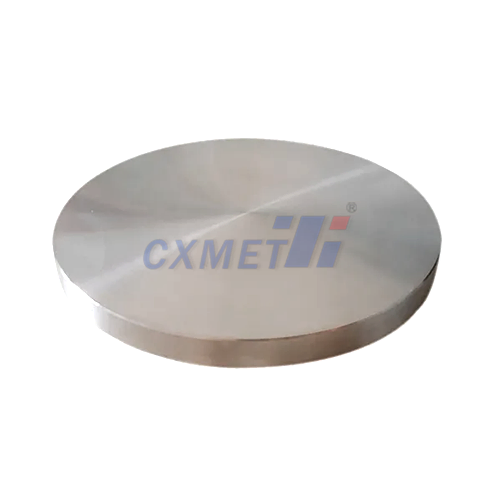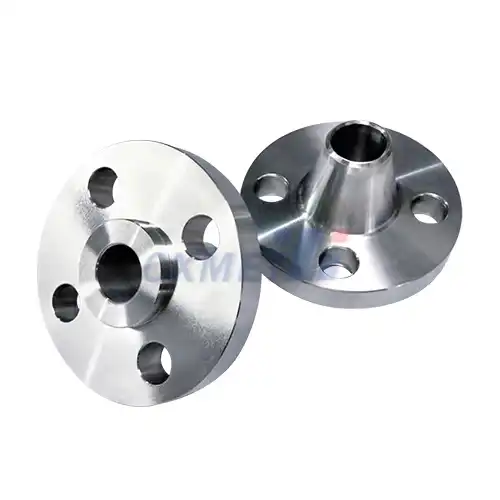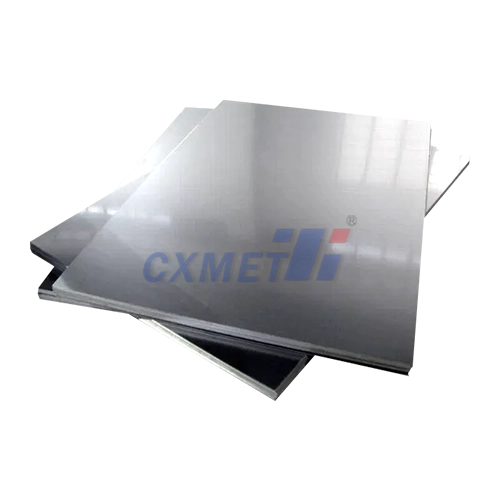- English
- French
- German
- Portuguese
- Spanish
- Russian
- Japanese
- Korean
- Arabic
- Greek
- German
- Turkish
- Italian
- Danish
- Romanian
- Indonesian
- Czech
- Afrikaans
- Swedish
- Polish
- Basque
- Catalan
- Esperanto
- Hindi
- Lao
- Albanian
- Amharic
- Armenian
- Azerbaijani
- Belarusian
- Bengali
- Bosnian
- Bulgarian
- Cebuano
- Chichewa
- Corsican
- Croatian
- Dutch
- Estonian
- Filipino
- Finnish
- Frisian
- Galician
- Georgian
- Gujarati
- Haitian
- Hausa
- Hawaiian
- Hebrew
- Hmong
- Hungarian
- Icelandic
- Igbo
- Javanese
- Kannada
- Kazakh
- Khmer
- Kurdish
- Kyrgyz
- Latin
- Latvian
- Lithuanian
- Luxembou..
- Macedonian
- Malagasy
- Malay
- Malayalam
- Maltese
- Maori
- Marathi
- Mongolian
- Burmese
- Nepali
- Norwegian
- Pashto
- Persian
- Punjabi
- Serbian
- Sesotho
- Sinhala
- Slovak
- Slovenian
- Somali
- Samoan
- Scots Gaelic
- Shona
- Sindhi
- Sundanese
- Swahili
- Tajik
- Tamil
- Telugu
- Thai
- Ukrainian
- Urdu
- Uzbek
- Vietnamese
- Welsh
- Xhosa
- Yiddish
- Yoruba
- Zulu
What is the Composition of High Standard Gr12 Titanium Alloy?
2025-07-04 11:18:33
High Standard Gr12 Titanium Alloy Bar, also known as Ti-0.3Mo-0.8Ni, is a specialized titanium alloy that offers a unique combination of properties. This alloy is renowned for its excellent corrosion resistance, particularly in reducing environments and in the presence of chlorides. The composition of Grade 12 titanium alloy consists primarily of titanium with small amounts of molybdenum and nickel added to enhance its properties. Understanding the precise composition and characteristics of this alloy is crucial for its effective application in various industries.
|
|
|
How does the composition of Grade 12 Titanium Alloy affect its properties?
The composition of Grade 12 Titanium Alloy plays a crucial role in determining its unique properties. This alloy contains approximately 99% titanium, with small but significant additions of molybdenum (0.2-0.4%) and nickel (0.6-0.9%). These alloying elements contribute to the alloy's enhanced characteristics compared to pure titanium.
Molybdenum is added to improve the alloy's strength and corrosion resistance. It helps in stabilizing the beta phase of titanium, which enhances the alloy's formability and heat treatability. The presence of molybdenum also contributes to improved resistance to reducing acids, particularly hydrochloric and sulfuric acids.
Nickel, on the other hand, is added to further enhance the alloy's corrosion resistance, especially in chloride environments. It also contributes to the alloy's strength and helps in maintaining a stable microstructure. The combination of molybdenum and nickel results in an alloy that exhibits superior corrosion resistance compared to commercially pure titanium grades.
The specific composition of Grade 12 Titanium Alloy leads to several advantageous properties:
- Excellent corrosion resistance in reducing environments
- High resistance to crevice corrosion and pitting
- Good strength-to-weight ratio
- Improved ductility compared to pure titanium
- Enhanced weldability
- Good formability and machinability
These properties make High Standard Gr12 Titanium Alloy Bar particularly suitable for applications in chemical processing, marine environments, and other industries where corrosion resistance is paramount. The alloy's composition allows it to withstand harsh chemical environments that would be challenging for other materials, including other titanium grades.
What are the key differences between Grade 12 and other titanium alloys?
High Standard Gr12 Titanium Alloy Bar stands out among other titanium alloys due to its unique composition and properties. To understand its distinctiveness, it's essential to compare it with other common titanium grades:
Comparison with Commercially Pure (CP) Titanium Grades:
Grade 12 offers significantly higher strength and corrosion resistance compared to CP titanium grades (Grades 1-4). While CP titanium grades are known for their excellent biocompatibility and corrosion resistance in oxidizing environments, Grade 12 excels in reducing environments and chloride-containing solutions.
Comparison with Alpha-Beta Alloys (e.g., Ti-6Al-4V):
Unlike the popular Ti-6Al-4V alloy, which is an alpha-beta alloy known for its high strength and moderate temperature capability, Grade 12 is primarily an alpha alloy. It offers lower strength but superior corrosion resistance, especially in reducing acids. Grade 12 is also more resistant to stress corrosion cracking in chloride environments compared to Ti-6Al-4V.
Comparison with Other Corrosion-Resistant Grades (e.g., Grade 7):
While Grade 7 (Ti-0.2Pd) is known for its excellent corrosion resistance due to the addition of palladium, Grade 12 offers comparable corrosion resistance at a potentially lower cost. Grade 12 is particularly effective in hydrochloric acid environments, where it can outperform Grade 7.
Key differences that set Grade 12 apart include:
- Superior corrosion resistance in reducing environments
- Better resistance to crevice corrosion in chloride solutions
- Higher strength compared to CP titanium grades
- Improved weldability compared to some other titanium alloys
- Cost-effectiveness in certain applications compared to other corrosion-resistant grades
These differences make Grade 12 Titanium Alloy an ideal choice for specific applications where its unique properties are particularly beneficial. For instance, it's widely used in chemical processing equipment, heat exchangers, and marine applications where exposure to corrosive chemicals or saltwater is a concern.
In which industries is Grade 12 Titanium Alloy commonly used?
Grade 12 Titanium Alloy finds applications across various industries due to its exceptional corrosion resistance and unique properties. Its ability to withstand harsh chemical environments makes it a preferred material in several sectors:
Chemical Processing Industry:
In the chemical processing industry, High Standard Gr12 Titanium Alloy Bar is extensively used for equipment that handles corrosive chemicals, particularly in reducing environments. It's commonly employed in:
- Chemical reactors and vessels
- Piping systems for corrosive fluids
- Valve components in chemical plants
- Heat exchangers for aggressive media
Marine and Offshore Industry:
The alloy's resistance to saltwater corrosion makes it valuable in marine applications, including:
- Offshore oil and gas equipment
- Desalination plants
- Marine heat exchangers
- Underwater robotic equipment
Power Generation:
In power plants, especially those using seawater for cooling, Grade 12 Titanium Alloy is used for:
- Condenser tubing
- Heat exchanger components
- Turbine blades in some applications
Pulp and Paper Industry:
The alloy's resistance to chlorine-containing compounds makes it suitable for:
- Bleaching equipment
- Digesters and associated piping
- Valves and pumps handling corrosive pulp and paper chemicals
Oil and Gas Industry:
In oil and gas extraction and processing, Grade 12 is used for:
- Downhole tools exposed to corrosive well fluids
- Piping for sour gas applications
- Components in refineries handling corrosive hydrocarbons
Aerospace and Defense:
While not as common as other titanium alloys in aerospace, Grade 12 finds niche applications in:
- Components exposed to corrosive environments in aircraft
- Specialized parts in naval defense equipment
The versatility of Grade 12 Titanium Alloy in these industries stems from its ability to maintain structural integrity in environments where other materials would rapidly degrade. Its use often results in extended equipment life, reduced maintenance costs, and improved safety in critical applications involving corrosive substances.
Conclusion
High Standard High Standard Gr12 Titanium Alloy Bar, with its unique composition of titanium alloyed with small amounts of molybdenum and nickel, offers exceptional corrosion resistance and mechanical properties. Its composition directly influences its superior performance in reducing environments and chloride-containing solutions, setting it apart from other titanium grades and many alternative materials. The alloy's distinct properties make it an invaluable material in industries ranging from chemical processing to marine applications, where its corrosion resistance and durability are crucial. As industries continue to seek materials that can withstand increasingly challenging environments, Grade 12 Titanium Alloy remains a key player, offering solutions that combine performance, longevity, and cost-effectiveness.
At SHAANXI CXMET TECHNOLOGY CO., LTD, we take pride in our extensive product range, which caters to diverse customer needs. Our company is equipped with outstanding production and processing capabilities, ensuring the high quality and precision of our products. We are committed to innovation and continuously strive to develop new products, keeping us at the forefront of our industry. With leading technological development capabilities, we are able to adapt and evolve in a rapidly changing market. Furthermore, we offer customized solutions to meet the specific requirements of our clients. If you are interested in our products or wish to learn more about the intricate details of our offerings, please do not hesitate to contact us at sales@cxmet.com. Our team is always ready to assist you.
References
1. ASM International. (2015). Titanium: Physical Metallurgy, Processing, and Applications.
2. Leyens, C., & Peters, M. (Eds.). (2003). Titanium and Titanium Alloys: Fundamentals and Applications.
3. ASTM International. (2021). ASTM B265 - Standard Specification for Titanium and Titanium Alloy Strip, Sheet, and Plate.
4. Donachie, M. J. (2000). Titanium: A Technical Guide.
5. Lutjering, G., & Williams, J. C. (2007). Titanium (Engineering Materials and Processes).
6. RMI Titanium Company. (2022). Titanium Alloy Guide.


